Banking
AIBL top brass re-elected
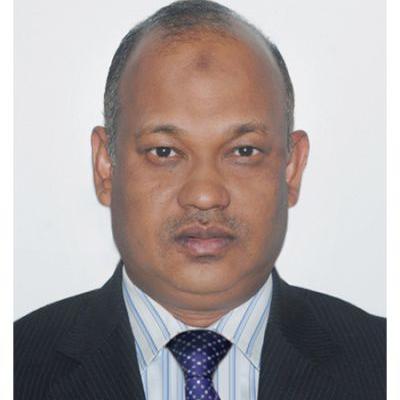
Abdus Samad Labu has recently been re-elected as the chairman of Al-Arafah Islami Bank.
The bank also re-elected Mohammed Abdus Salam as its vice chairman, the bank said in a statement yesterday.
Labu is one of the founder directors of the bank and the vice chairman of S Alam Group.
Salam is the managing director of Mir Group, the bank said.
He is the founder director of Chittagong Metropolitan Chamber of Commerce and Industry and founder of Southern University, according to the statement.
news:daily star/8-may-2017Muhith opposes proposal of ADB regional hub
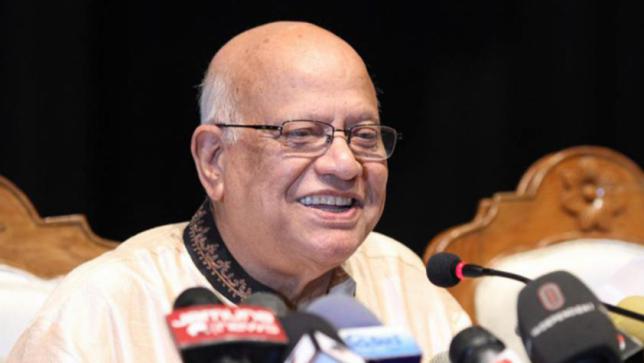
Bangladesh is opposed to any regional hub of the Asian Development Bank as most country and sub-regional offices are faring well, said Finance Minister AMA Muhith yesterday.
"I'm not in favour of the regional hub because the country and the sub-regional offices of the ADB are doing well except in the Pacific," he told reporters at the Pacifico Yokohama Conference Centre in Japan.
His comments came a day after India proposed the ADB set up a regional hub of the multilateral lender in New Delhi.
Muhith made the comments after his meeting with ADB President Takehiko Nakao on the sidelines of the 50th annual meeting of the Board of Governors of the bank. The four-day meeting ended yesterday.
Nakao has assured Muhith that the dealings would be made directly from the headquarters, not from any kind of hub.
On Saturday, Indian Finance Minister Arun Jaitley urged Nakao to set up the hub in the Indian capital so that a majority of the proposals could be quickly processed there.
Jaitley also proposed establishment of such hubs for other regions of the Asia and the Pacific.
Earlier, Nakao made it clear that no decision has been taken yet for opening any hub for South Asia, Central Asia or East Asia.
Some outposts of the Manila-based lender already have bigger staff strengths compared to other resident missions in 28 countries, Nakao said in his concluding media briefing.
He said that some of ADB's offices in Delhi, Islamabad, Jakarta and Hanoi have over 70 to 80 staff each.
Asked to compare the development assistance that Bangladesh receives from donor agencies and countries, Muhith said Japan is still the largest bilateral development partner of Bangladesh and is most likely to come up with a $1.3 billion in assistance this year.
Apart from the multilateral development agencies, China and India have committed a lot of assistance to Bangladesh in recent months, the minister said.
He said Bangladesh has expressed its willingness to join the BRICS Bank, which has been set up by Brazil, Russia, India, China and South Africa.
During his meeting with the ADB president, Muhith told Nakao that the annual meeting was missing the ICT agenda to some extent.
“ICT will become the most important thing in the development relations in the future, and Bangladesh is in strong support of digitisation,” Muhith said.
“We're trying to move to a position where ICT will be governing many of the principles of the government."
Muhith said the country's dependence on the flow of external resources has come down to 1.2-1.4 percent of GDP from 8 percent in the early 1970s.
news:daily star/6-may-2017PPP a way forward for Asia's growth: ADB
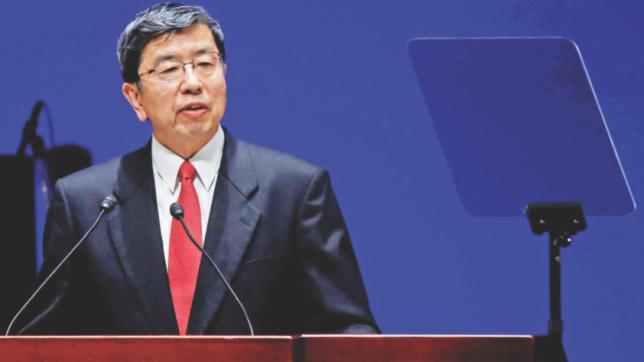
Asia's future development funding has to come from the private sector through public-private partnerships, said Takehiko Nakao, president of the Asian Development Bank, yesterday.
ADB member states insisted that the lender should invite larger private sector financing to support the region's development, especially for infrastructure, he said.
The ADB would increase its private-sector operations to 25 percent of its regular ordinary capital resources (OCR) operations by 2020, Nakao said, adding that expansion of such private sector involvements in resource mobilisation would be more visible in poorer countries.
As the ADB's four-day annual meeting came to an end in Yokohama yesterday, Nakao stressed the need to bridge the gap between available resources and required funding to meet Asia's development needs through 2030.
Investment equivalent of 5 percent of Asia's GDP (excluding China) is required to carry forward the development projects in Asia and the Pacific, he said at the closing press conference.
About 3 percent of that would have to come through PPP while the remaining 2 percent from the governments of the Asian countries, he added.
Asia will need $1.7 trillion a year in investments in power, transport, telecommunications, and water through 2030.
“We will scale up efforts to help meet this large infrastructure deficit, increasingly use high-level technology in infrastructure, vigorously pursue our commitment to climate finance, and actively promote public-private partnerships.”
The ADB was created to mobilise private sector resources by leveraging equity to tap capital markets. The merger of the Asian Development Fund lending operations and OCR balance sheet allows the lender to further leverage these resources, according to Nakao.
“Our experience in the past 50 years demonstrates that both public and private sector investments by the ADB through preparing necessary infrastructure and setting conducive policy environment help crowd in private sector resources and activities,” Nakao said.
In response to a query, he said though the new US administration has recalled its representative from the ADB, it would soon depute one as alternate executive director. He hoped the US would continue to engage in Asia and the Pacific's development.
On the notion that Japanese companies get the most out of ADB work orders, Nakao said, “Our system is open. We go by the rules of international tenders.”
In his closing remarks at the ADB board of governors meeting yesterday, Nakao said, “While progress in Asia has been impressive, many of you reminded us that the battle against poverty is not over yet.
Reducing poverty will remain our major focus. The ADB will continue to prioritise the needs of the poorest and the most fragile countries, including small island countries in the Pacific.”
Growing inequalities are a major concern for many countries, he said. “We will enhance our support for addressing inequality across groups and regions. Strengthening financial inclusion and supporting inclusive business will be integral components of our approach to deepen inclusiveness,” Nakao said.
Through an inclusive and meaningful consultative process, the ADB would develop and finalise its 'Strategy 2030' by 2018 when the bank's headquarters in Manila would host the 51st annual meeting of the board of governors.
news:daily star/8-may-2017Mohammed Kutub Uddowllah, Chairman, Audit Committee of NRB Global Bank Ltd, inaugurating the 38th Branch at Boalkhali in Chittagong recently. Proshanta Kumar Halder, Managing Director and Morshedul Alam, Director of the bank were present among others.
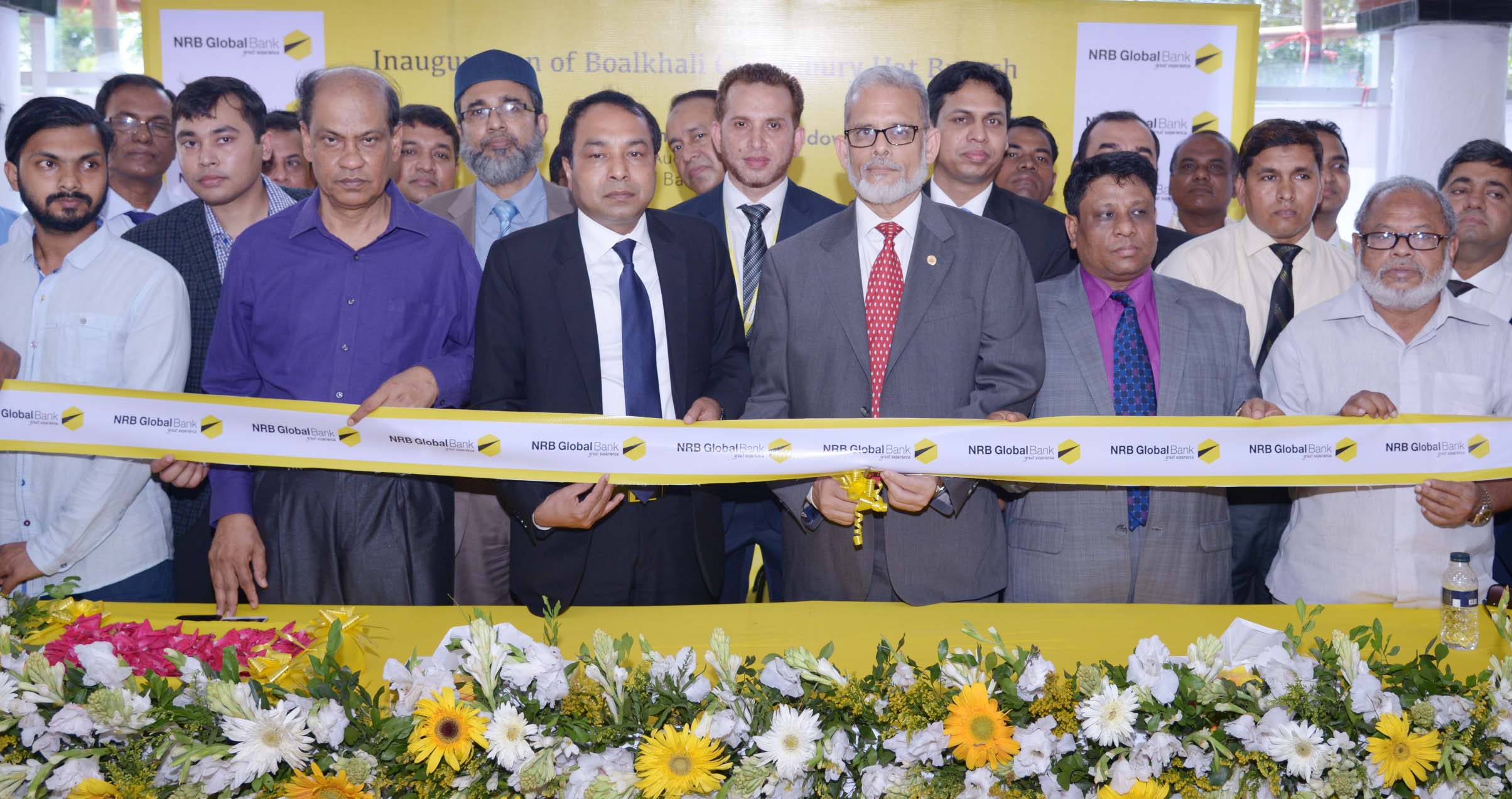 Mohammed Kutub Uddowllah, Chairman, Audit Committee of NRB Global Bank Ltd, inaugurating the 38th Branch at Boalkhali in Chittagong recently. Proshanta Kumar Halder, Managing Director and Morshedul Alam, Director of the bank were present among others.
Mohammed Kutub Uddowllah, Chairman, Audit Committee of NRB Global Bank Ltd, inaugurating the 38th Branch at Boalkhali in Chittagong recently. Proshanta Kumar Halder, Managing Director and Morshedul Alam, Director of the bank were present among others.
M Kamal Hossain, Managing Director (CC) of Southeast Bank Limited, inaugurating its "Southeast Bank Express Card" at the bank's head office in the city on Sunday. Mohammed Gofran, SM Mainuddin Chowdhury, Muhammad Shahjahan, AKM Nurul Alam, Additional Mana
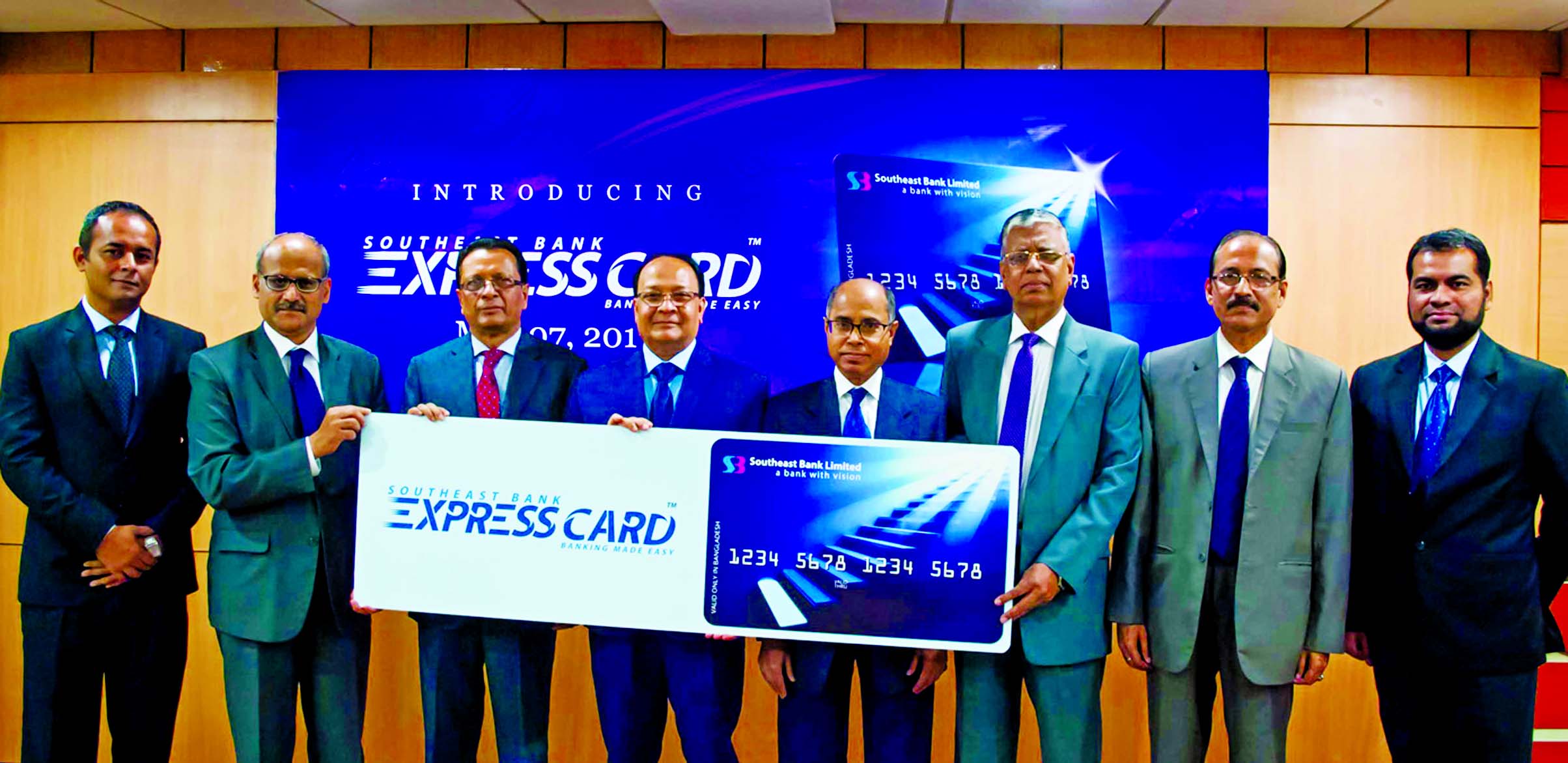 M Kamal Hossain, Managing Director (CC) of Southeast Bank Limited, inaugurating its \"Southeast Bank Express Card\" at the bank\'s head office in the city on Sunday. Mohammed Gofran, SM Mainuddin Chowdhury, Muhammad Shahjahan, AKM Nurul Alam, Additional M
M Kamal Hossain, Managing Director (CC) of Southeast Bank Limited, inaugurating its \"Southeast Bank Express Card\" at the bank\'s head office in the city on Sunday. Mohammed Gofran, SM Mainuddin Chowdhury, Muhammad Shahjahan, AKM Nurul Alam, Additional M



